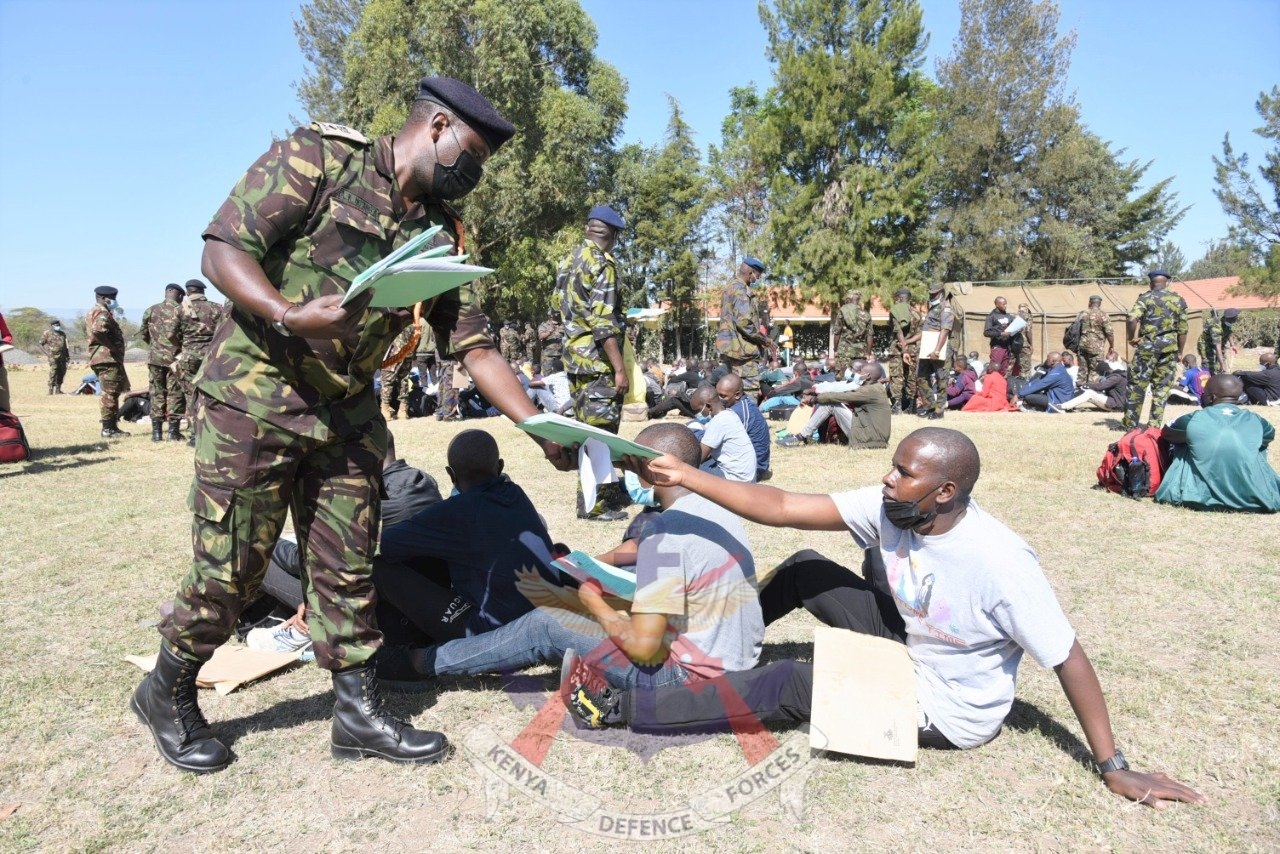Drug abuse and alcoholism is on the increase among the youth in the country, with an average of about 200,000 addicted to death.
Statistics by the National Authority for the Campaigns Against Alcohol and Drug Abuse indicate that most youth are addicted to tobaccos, alcohol and khat, posing serious health risks.
There is an increase in drug abuse among youths aged between the ages of 15 and 24, especially in Central and Rift Valley regions, and most of them now require rehabilitation.
According to the report, one in every eight Kenyans aged 15 – 65 years (3,199,119) are said to be alcoholic with the Western region having the highest prevalence at 23.8 per cent followed by Coast at 3.9 per cent and Central at 12.8 per cent.
“Alcohol continues to be the most widely used substance of abuse in Kenya with findings pointing towards increasing demand for cheaper and readily available alcoholic products especially chang’aa, traditional brews,and potable spirits” the report reads.
This calls for concerted efforts by government agencies and community mobilisers to save the youth from addiction to the harmful drug abuse and alcoholism.
Deputy President Rigathi Gachagua has been in the forefront in campaigning against drug abuse in Central Kenya and Rift Valley among other parts of the country and such efforts need to be emulated to save the youth from destruction.
The war against drugs and alcohol by the Deputy President, especially in the Central Kenya region, is already yielding fruits and need to be replicated in other parts of the country.
Gachagua had warned government officers, police and other leaders against working with groups that have been producing and promoting the consumption of illicit brews and drugs around the country.
There is need to have community-based rehabilitation centres to provide counselling and guidance to youth who have been addicted to drug abuse and alcoholism.
The Ministry of Health and that of Correctional Services should work together and offer assistance to the youth who are addicted to drugs lest the country loses the next generation.
The community health promoters need to be empowered more to identify youths who are addicted to drugs with a view to offering rehabilitation services.
The two Houses of Parliament, National Assembly and the Senate, also need to assist the county governments in developing and implementing polices and laws that will guide in the control of drug abuse and alcoholism.
As a country we must have practical plans of action that will support rehabilitation of youths who are addicted to drugs and alcohol.
This has to be done at community level where most youths are addicted to drugs yet they do not receive any help.
Likewise, such agencies as Nacada need to be allocated adequate funds and human resources to implement programmes on drug abuse and alcoholism.
The agencies must come up with clear strategic plans on control of drug abuse and rehabilitation programmes, besides sealing the entry paths of drugs.
The youth who have undergone rehabilitation, likewise, need to be empowered economically to enable them engage in income-generating activities to support their livelihoods.
The problem of drug abuse and consumption of illicit brews have been strongly linked to poverty and lack of employment among the youth.
This is why talent identification by the Ministry of Youth and Sports should be proactive in supporting the youth to engage in projects that will promote talent instead of wasting their abilities in drug abuse and alcoholism.
Such sporting programmes ought to be implemented during holidays when most youth are at home in order to engage them in meaningful sporting activities and cushion them from being lured to drug abuse and alcoholism.
But to win the war against illicit brews and drug abuse, there must be concerted efforts by Nacada, police, provincial administration, political and church leaders across the country in taming the vices.
The writer works at the Presidential Communication Service ([email protected])











